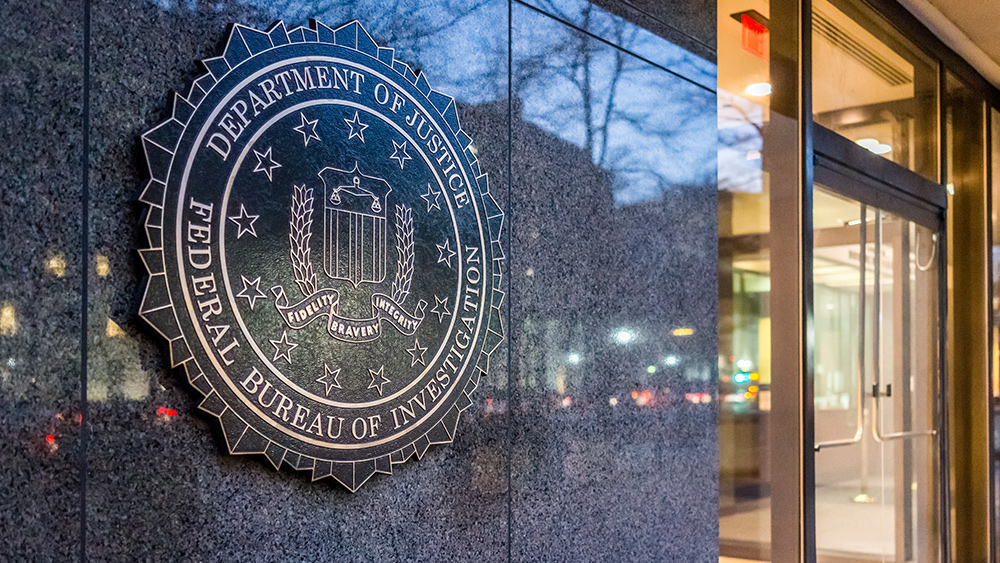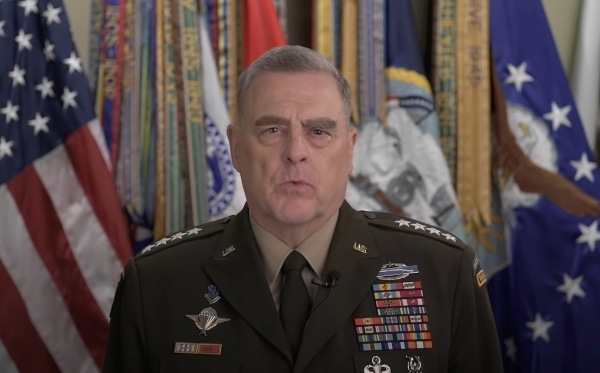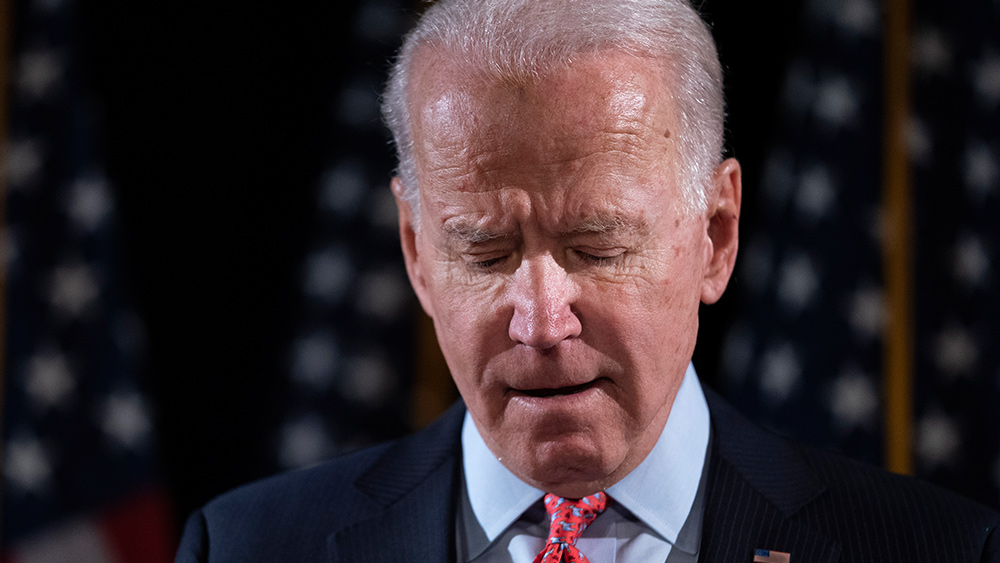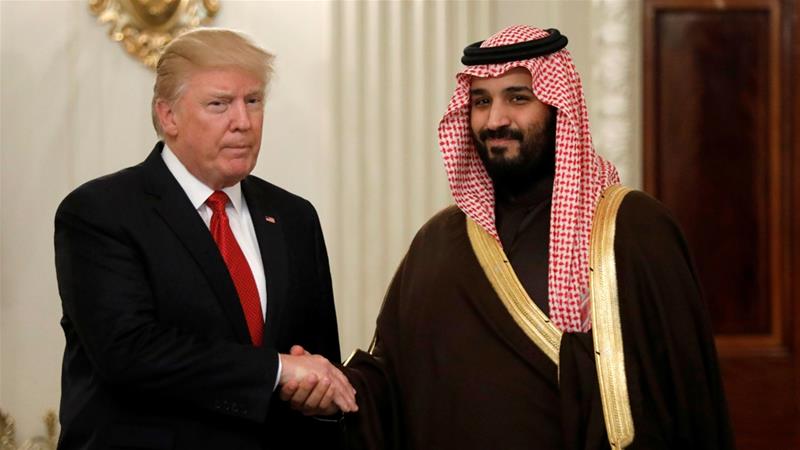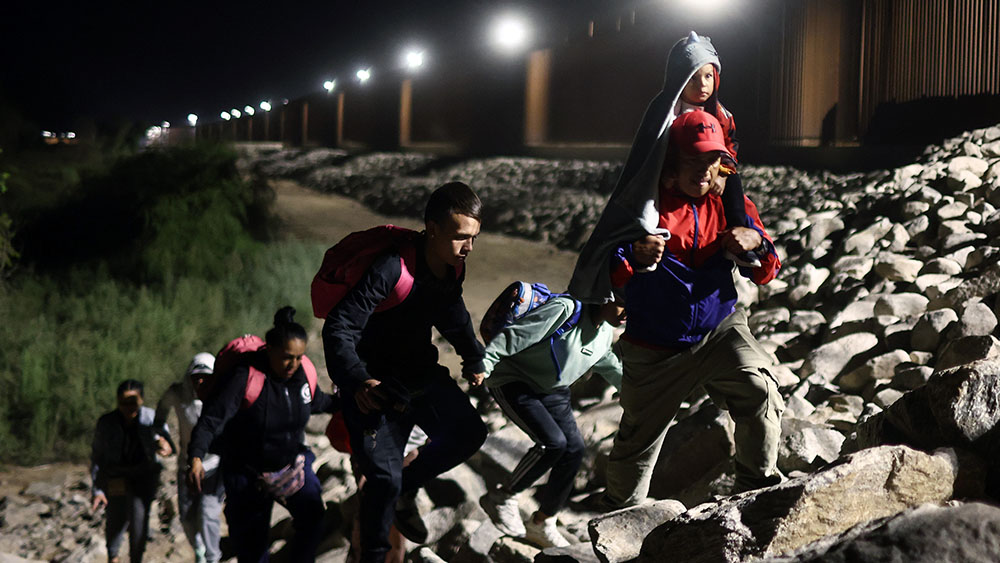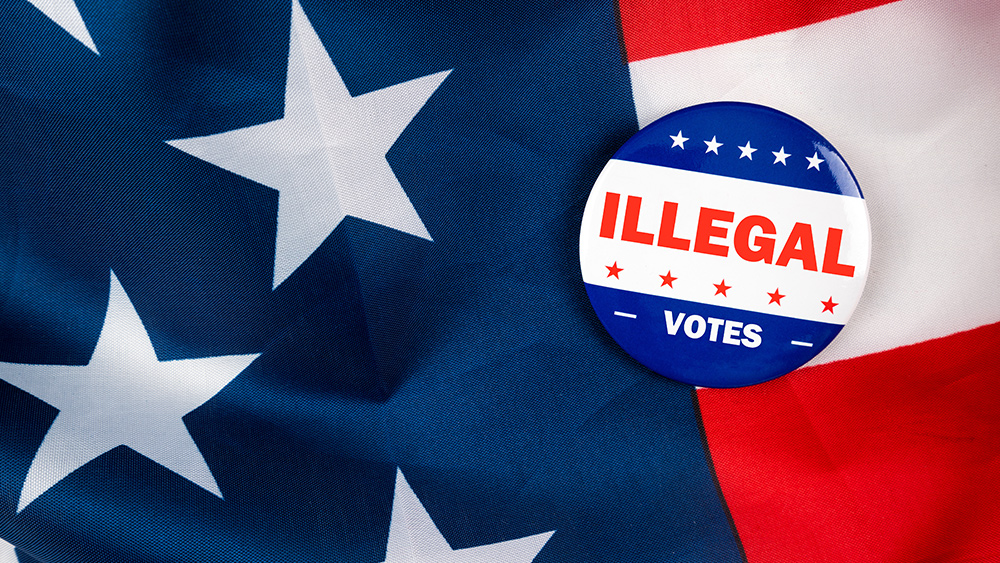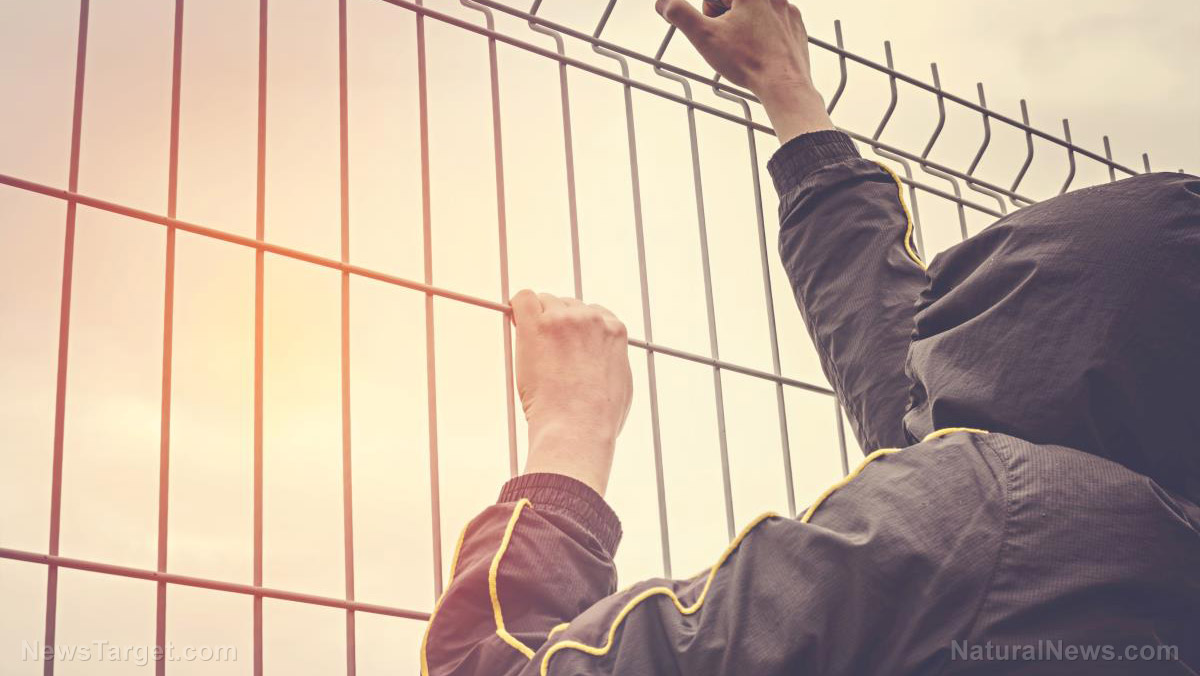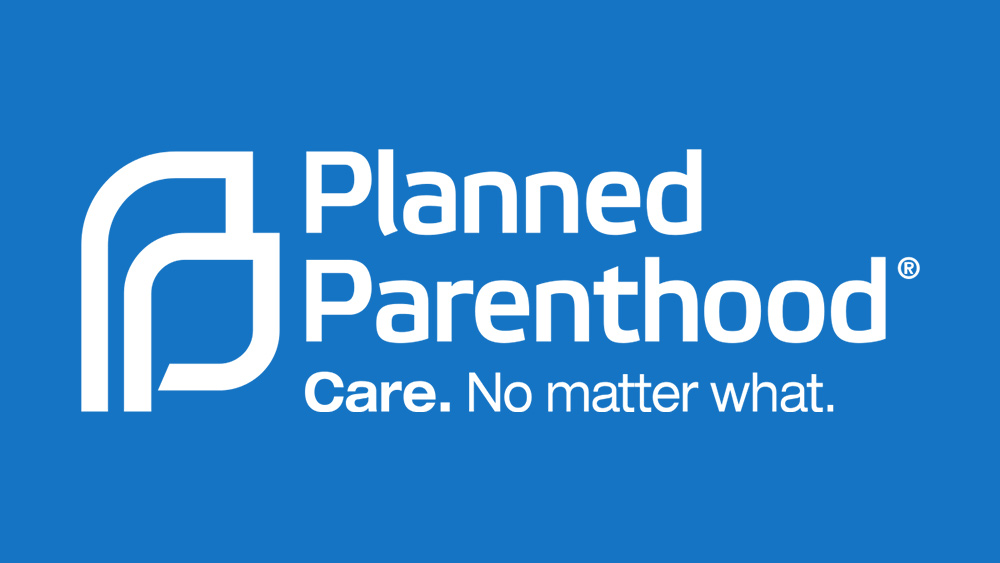South Africa calls for immediate halt to Israel’s military offensive in Rafah
05/15/2024 / By Richard Brown
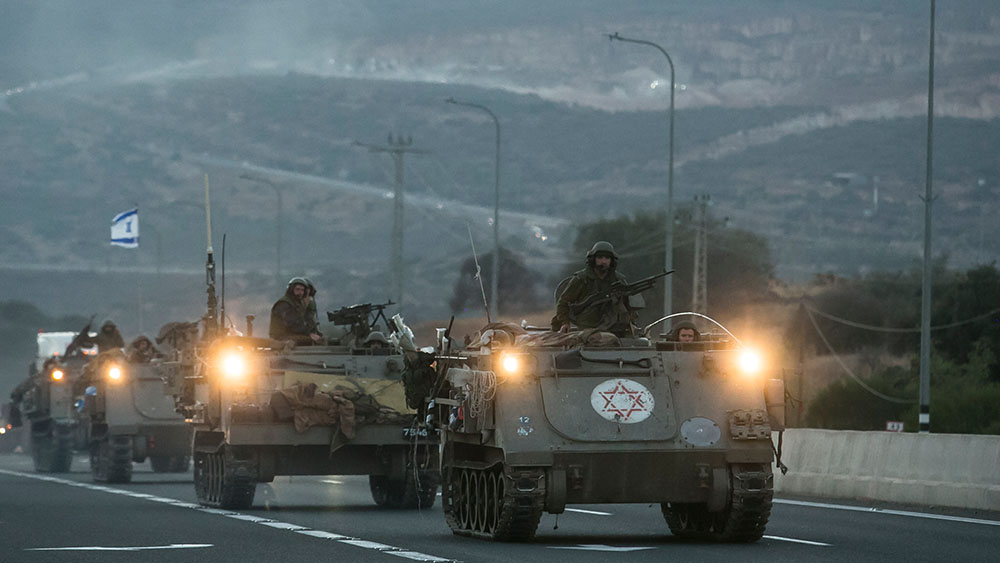
South Africa urged the International Court of Justice (ICJ) on Friday, May 10, to pass more emergency measures against Israel following the beginning of its military operations in Rafah. In a 10-page document submitted to the ICJ, South Africa called for Israel to immediately halt its military offensive and ensure unimpeded access to humanitarian aid and assistance to the Gaza population.
Additionally, South Africa demanded the entry of internationally mandated bodies, investigators and journalists into Israel to preserve evidence. It also requested Israel to provide an open report to the ICJ within one week detailing measures taken to comply with previous provisional measures outlined by the court.
These emergency measures are meant to supplement South Africa’s ongoing genocide case against Israel at the United Nations’ top court in The Hague, the Netherlands. (Related: Palestine’s representatives call for end to Israeli occupation at ICJ hearings.)
While an interim ruling earlier this year ordered Israel to prevent acts of genocide in Gaza, it did not require Israel to cease military operations, a key demand from South Africa. The court found South Africa’s case plausible, demonstrating Israel’s intent to commit genocide.
South Africa’s latest request for Israel’s immediate withdrawal and cessation of military operations in Rafah adds to the provisions.
The nine interim measures previously sought by South Africa included an immediate halt to military operations, preventing forced displacement of Palestinians, lifting restrictions on humanitarian aid, refraining from genocide, and preserving evidence of alleged crimes in Gaza.
Following the interim ruling on January 26, the ICJ mandated Israel to prevent acts falling under Article II of the Genocide Convention, such as killing members of a specific group, causing serious harm, physical destruction of the group, and imposing measures to prevent births.
ICJ lacks ability to enforce possible ruling against Israel in genocide case
The ICJ aims to deliver an opinion on the genocide case by year-end. Although ICJ rulings are legally binding, the court lacks enforcement mechanisms.
Nonetheless, rights groups argue that resolutions can have significant moral and legal authority and may become part of customary international law. UN Special Rapporteur Francesca Albanese emphasized the ICJ’s potential role in investigating Israel’s actions in Gaza, suggesting it could be an ongoing process.
On May 7, Israel’s 401st Brigade crossed the Rafah crossing, a move that came a day after the Gaza-based Palestinian group announced acceptance of an Egyptian-Qatari mediated ceasefire plan. However, Israel remained adamant, asserting that the proposal failed to address its fundamental demands.
Tanks and aircraft targeted multiple areas and at least four residences in Rafah, resulting in the death of 20 Palestinians and injuring several others, as confirmed by Palestinian health authorities.
The UN Relief and Works Agency for Palestine Refugees reported that approximately 110,000 Palestinians fled Rafah in recent days. Additionally, the UN highlighted that Israel’s control of the Rafah border crossing has obstructed the entry of aid into Gaza for the past several days.
Israeli Prime Minister Benjamin Netanyahu defended the Rafah offensive as necessary to combat Hamas.
Watch this clip from “The Kim Iversen Show” as host Kim Iversen describes Israel’s seizure of Gaza’s only border crossing with Egypt in Rafah.
This video is from the AllTheWorldsAStage channel on Brighteon.com.
More related stories:
Sources include:
Submit a correction >>
Tagged Under:
big government, chaos, democide, Gaza, genocide, humanitarian, ICJ, International Court of Justice, Israel, Israel-Palestine war, national security, Palestine, politics, Rafah, Rafah invasion, Resist, South Africa, terrorism, violence, World War III
This article may contain statements that reflect the opinion of the author
RECENT NEWS & ARTICLES
COPYRIGHT © 2017 BIG GOVERNMENT NEWS

